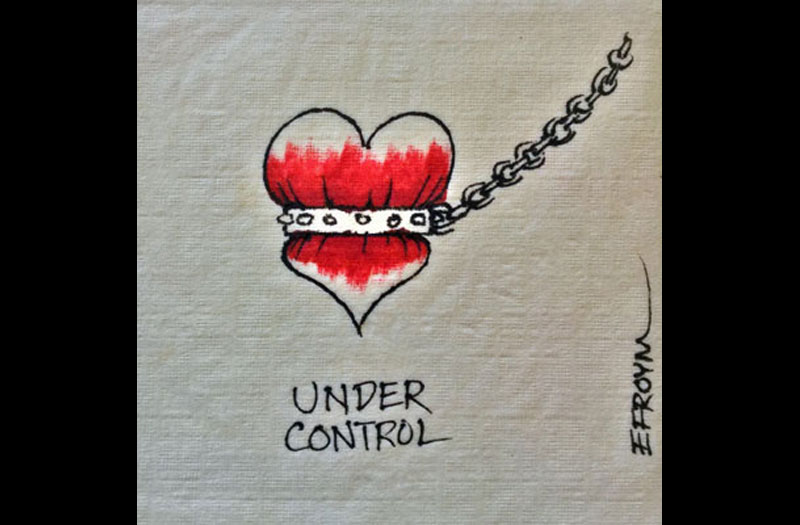“Oh, God! Don’t you get your priorities straight when this sort of thing happens?”
from my novel Behind The Locked Door
When I wrote my novel I never dreamed I’d be living it all over again. Yet, here I am in a similar family situation. Of course, I’m well aware of that Mark Twain quote “history never repeats itself but it rhymes.” I was aware but did not fully understand the truth of it until now.
I’m a left brain type. In reality we all use both sides of our brain but, as the immensely popular John Gray points out in Men Are From Mars, Women Are From Venus, for many of us one side of the brain seems dominant.
It’s difficult for a left brain type to write fiction. That’s because, as the author David Foster Wallace says:
“Fiction’s about what it is to be a fucking human being. If you operate, which most of us do, from the premise that there are things about the contemporary U.S. that make it distinctively hard to be a real human being, then maybe half of fiction’s job is to dramatize what makes it tough. The other half is to dramatize the fact that we are still human beings, now. Or can be … I just think that fiction that isn’t exploring what it means to be human today isn’t good art.”
[NOTE: Wallace expounds on this theme in great detail HERE]
Emotional intelligence is a necessary quality for any author who aspires to write “good art” by Wallace’s standard. It’s also necessary for anyone who wants to have a real relationship as a friend, partner, parent, co-worker, etc. Maybe that’s why we’ve been given so many tools to foster and encourage our emotional intelligence—empathy, the ability to have experiences vicariously, mirror neurons, compassion, and so on. We can’t all be empaths like Deanna Troi in Star Trek who can physically sense other people’s emotions but we all have some such capacity even those who suffer from alexithymia—that is, having difficulty identifying and expressing our own emotions.
Our emotions can be triggered by heartbreak, sickness, death, exhaustion, and stress. These are among the many factors that influence our emotional makeup and the emotional makeup of those around us.
How we respond to strong emotional triggers is of great importance not just to fiction authors but to ourselves and to those we know and love. In fact, having the emotional intelligence to respond wisely and thoughtfully can defuse and heal the wounds that caused the outpouring of emotion in the first place.
The heart has its reasons, which reason does not know. Pascal
Reason is and ought only to be the slave of the passions. David Hume
I have recently been reminded that my emotional intelligence needs some work. I’ve begun a conscious effort to improve it. An active emotional intelligence is part of a healthy body.
I think of a quote from Andrei Sinyavsky that I will paraphrase as follows: “A healthy body is like a beehive because its structure is both very light and very solid, with each cell linked to the other. If you destroy one cell of a beehive, everything else survives. But a sick body is like a sack tied with a knot. If you make a hole, everything falls out.”
It was an outpouring of emotions that led to my understanding that I have to make some changes. It’s unlikely that I’ll change my personality completely, that I’ll flip to become a right-brained person. I’m not from Mars nor from Venus. I’m from the Earth. I don’t believe in miracles any more than I believe in absolutes. But, I do believe in change. It is, as Heraclitus said, the only constant.


Someone said your emotional intelligence needs work? I disagree. You were most kind to our poor late mutual friend, above and beyond the call of duty…
Thanks Eleanor. That “someone” was me. In this case, very close to home, I have my own personal reasons for working on my emotional intelligence.
Well, then git busy, ya no-good varmint!